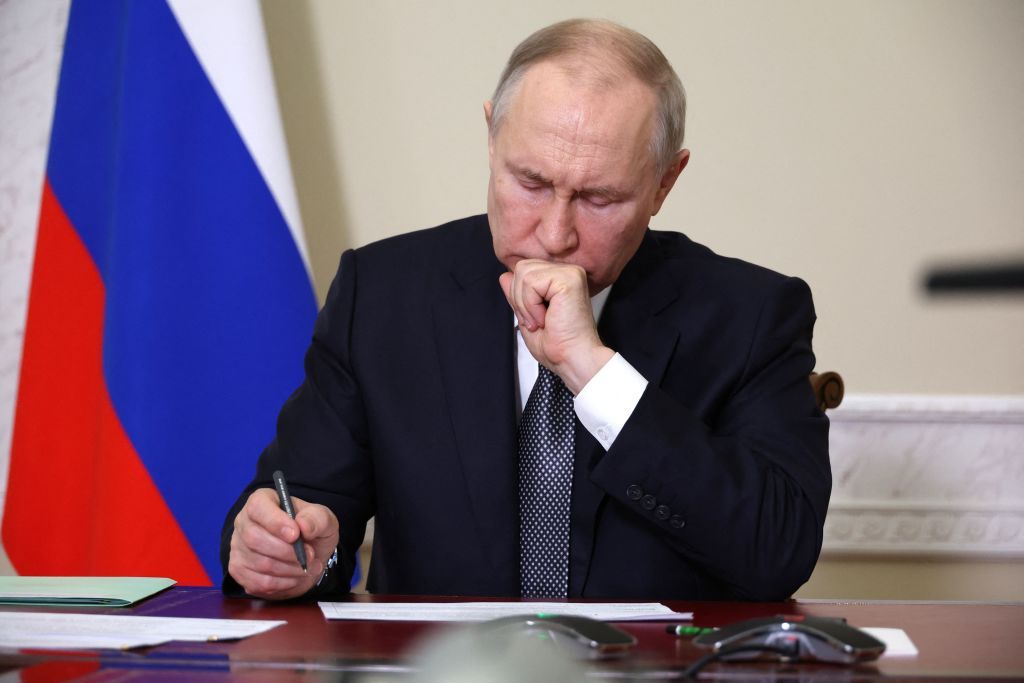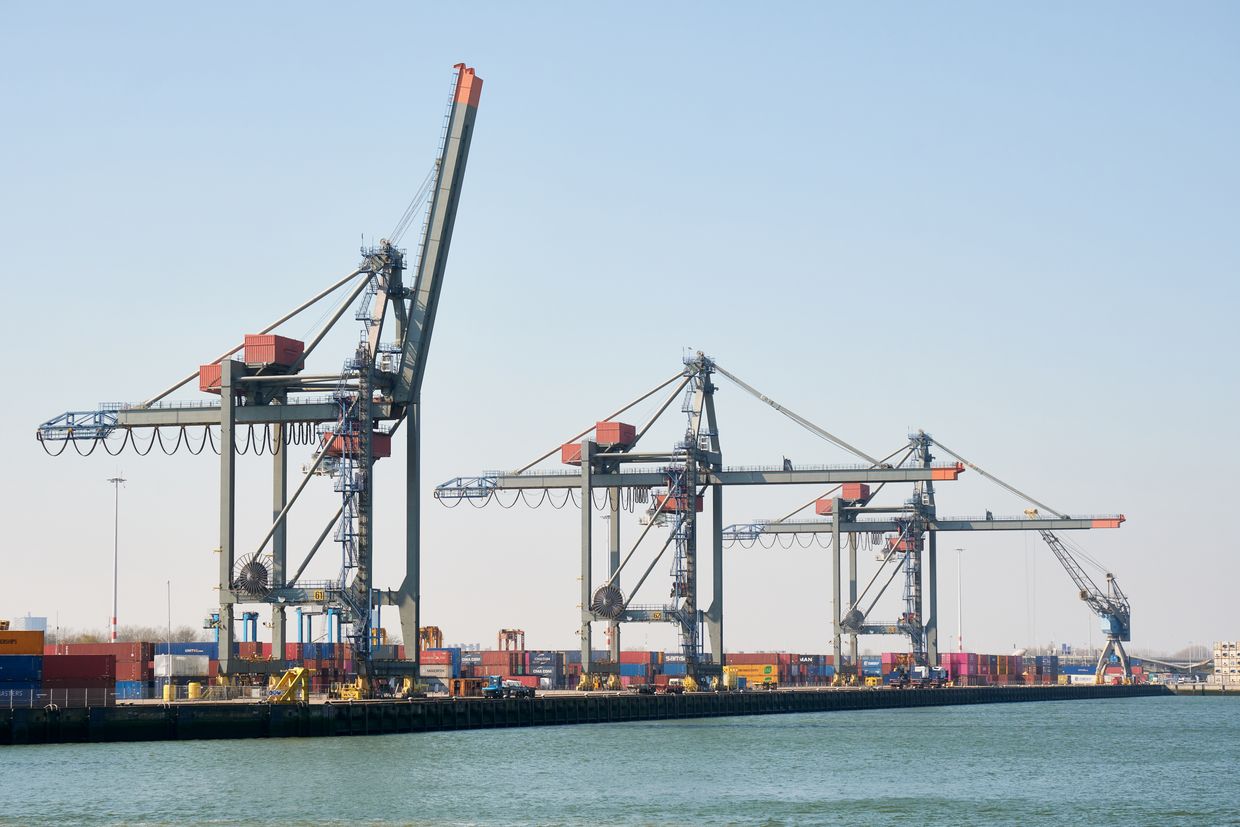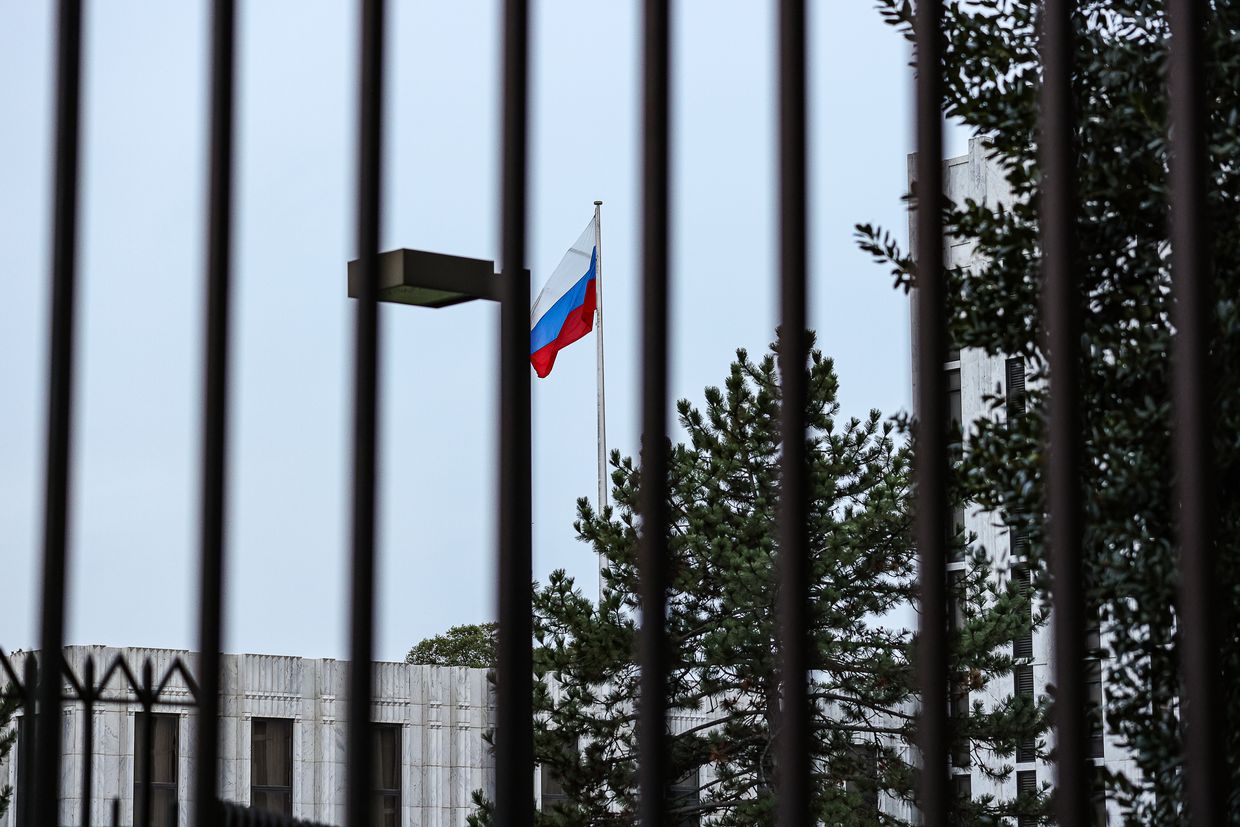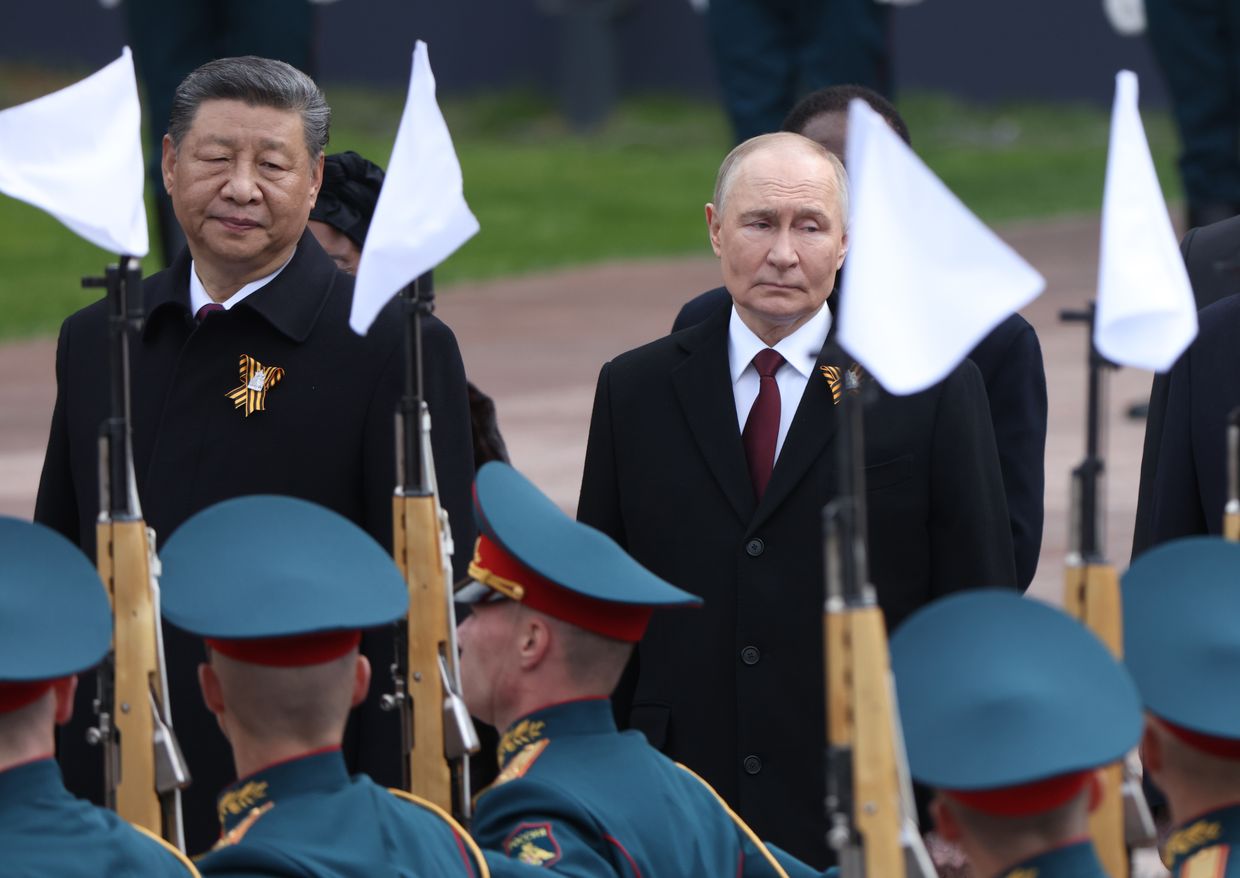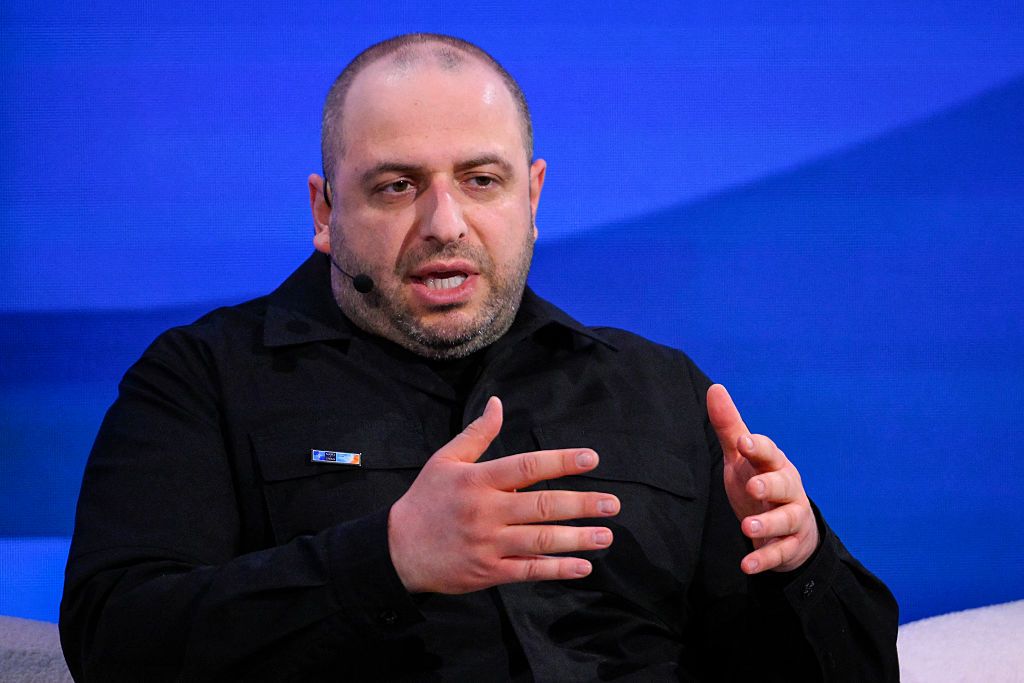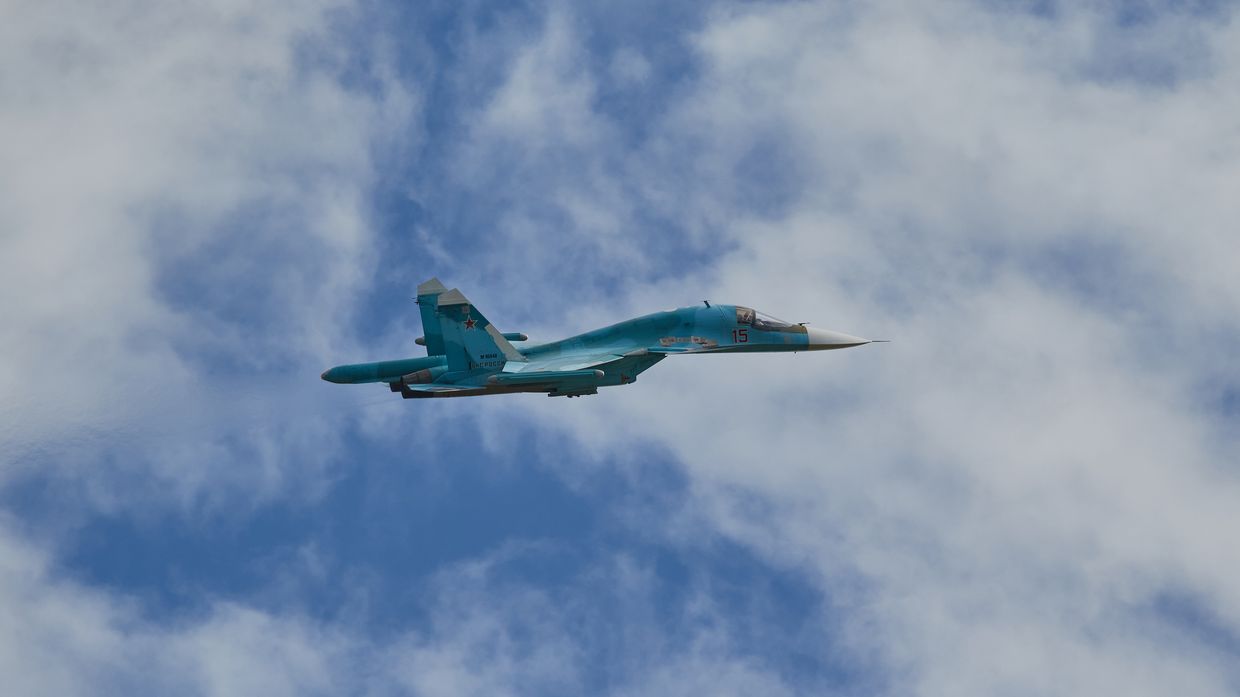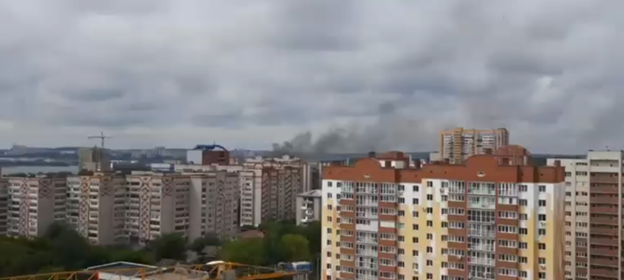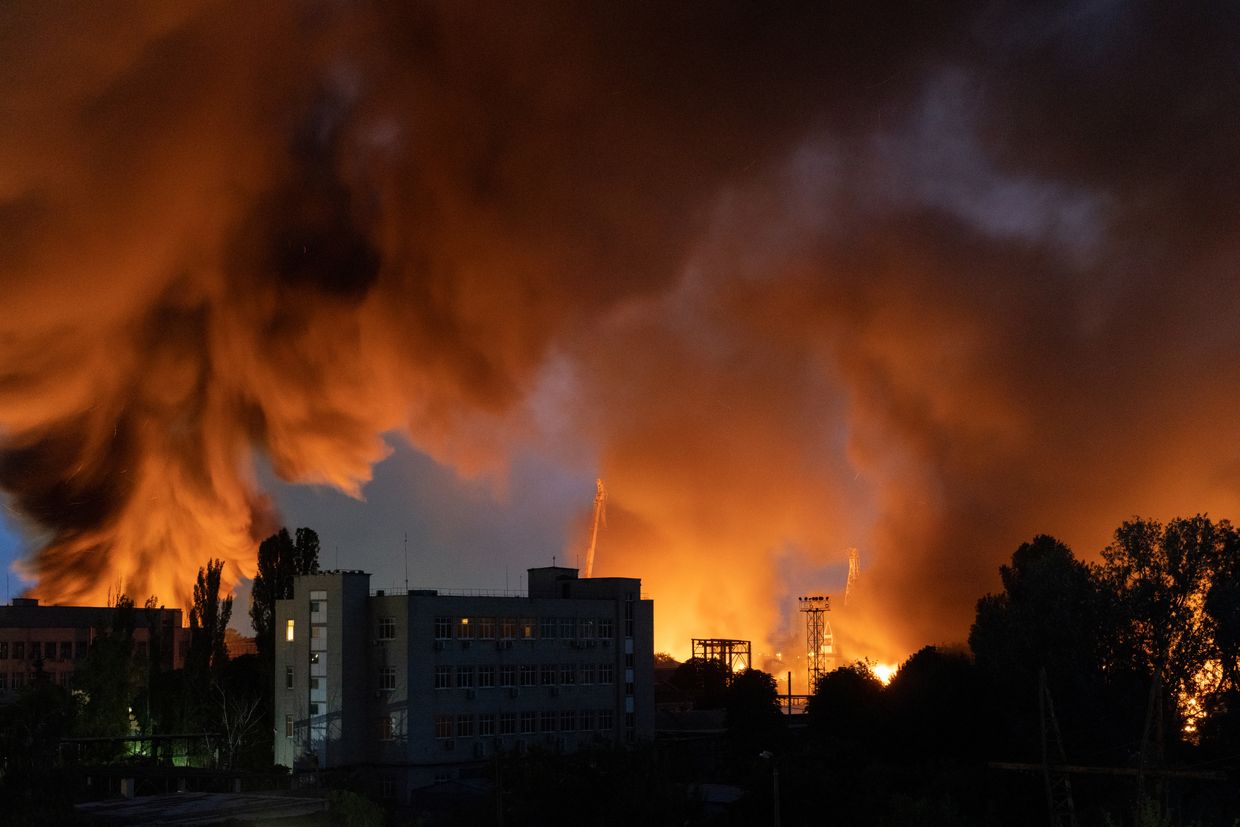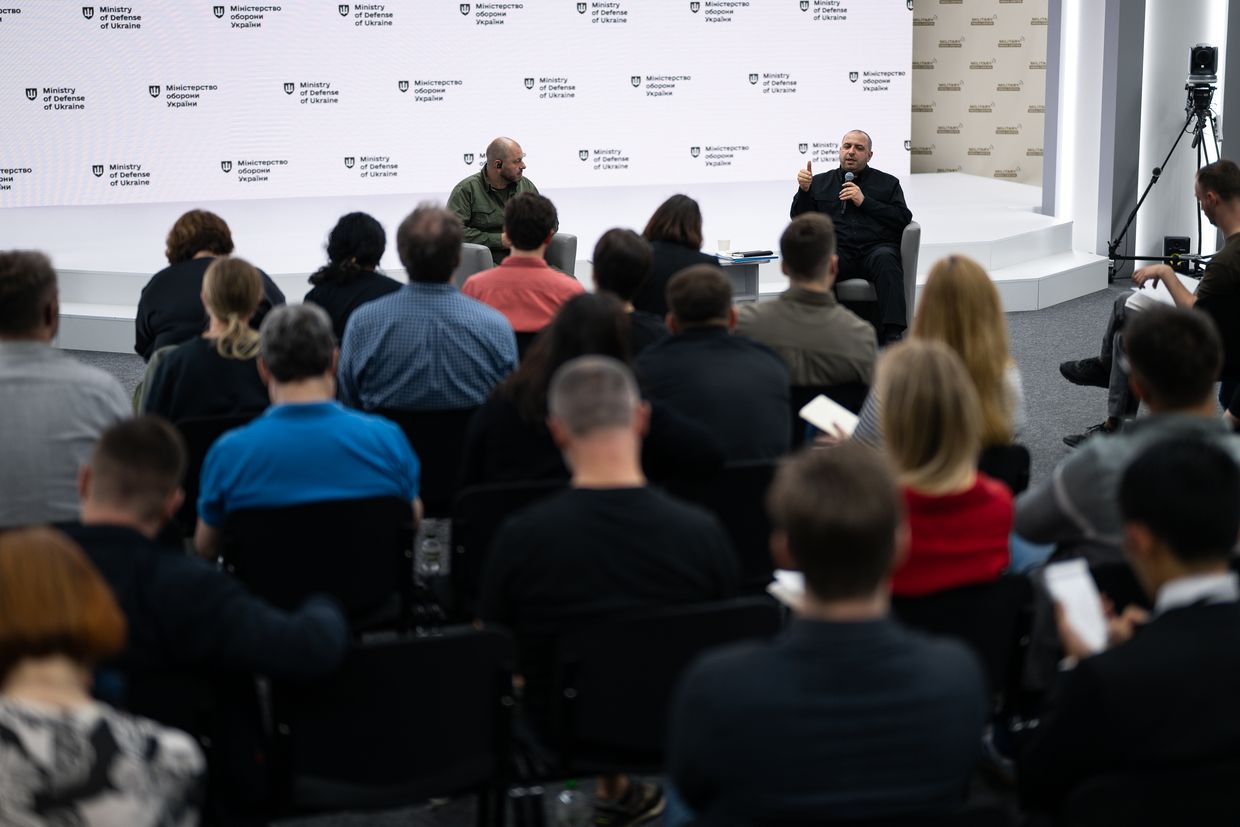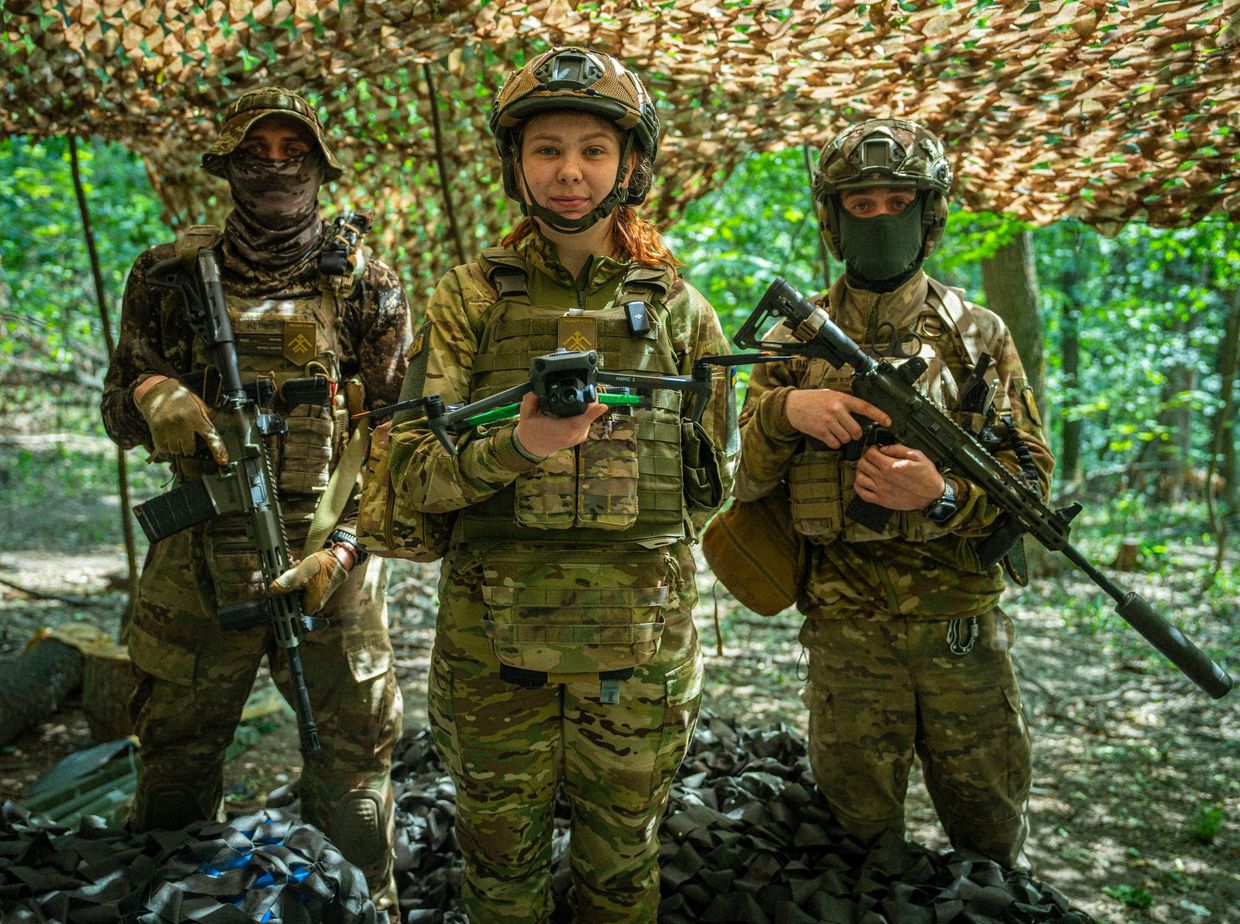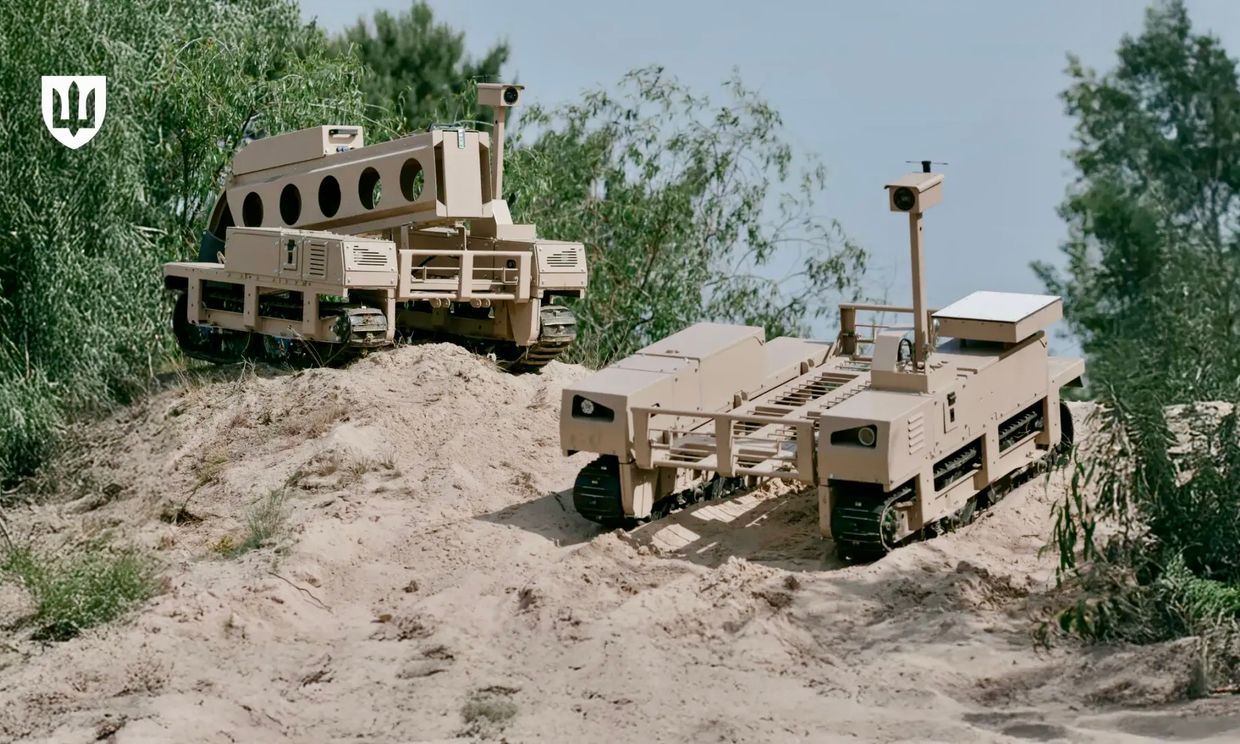Ukrainian Forces strike at Russian command posts in Donetsk Oblast after Russian defense minister’s visit

Ukrainian forces struck command posts of Russian military units in occupied Donetsk Oblast on 8 September, targeting personnel including command staff shortly after Russian Defense Minister Andrei Belousov visited the area, the General Staff of Ukraine’s Armed Forces reported on 16 September.
The strikes hit command posts of Russia’s “Center” military grouping and the 41st Combined Arms Army operating on the Pokrovsk direction, according to the General Staff. Ukrainian forces targeted the locations using missile troops, artillery, Air Forces, and unmanned systems in coordination with other Defense Forces units.
The timing of the attack proved significant. Belousov had visited the Russian command posts on the Pokrovsk direction on 28 August, just days before Ukrainian forces successfully struck the same locations where the occupation army command was stationed.
“Strikes on these military targets significantly disrupt the command and control of Russian Armed Forces units and subunits,” the General Staff reported. “Ukraine’s Defense Forces continue to deliver precise strikes on aggressor targets to force the Russian Federation to stop its war of aggression.”
The 8 September operation resulted in casualties among Russian personnel, with command staff among those hit, Ukrainian military officials confirmed. The targeted command posts belonged to units actively operating on the Pokrovsk front, one of the war’s most contested areas.
Local residents reported explosions in occupied Donetsk on 8 September, with OSINT analysts identifying strikes on the former Topaz metallurgical plant. The same day, Russian forces shelled a non-operational DTEK processing plant in Donbas.
The Ukrainian General Staff emphasized that the strikes form part of ongoing efforts to degrade Russian military capabilities and command structures in occupied territories. The coordinated operation involved multiple branches of Ukraine’s Defense Forces working together to target the Russian military infrastructure.
